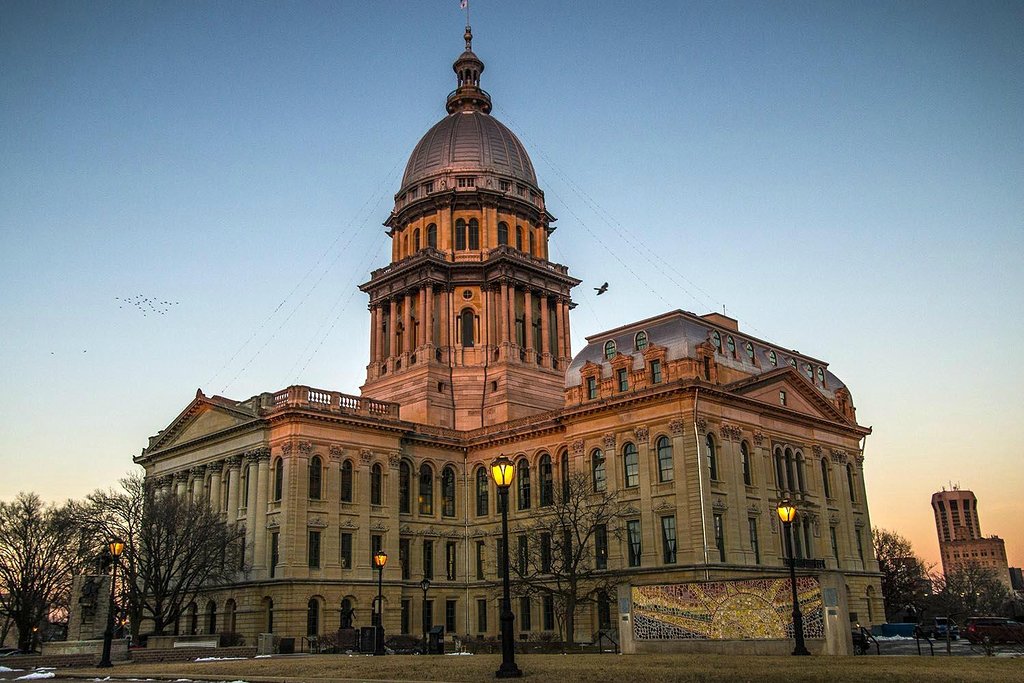Fact Sheet on SB 1909, Amendment 1:
Deceptive Practices Related to Limited Services Pregnancy Centers
What is a Pregnancy Help Center
Pregnancy centers offer important services to low-income, vulnerable, and marginalized women across Illinois. They are generally small community or church-affiliated groups that provide services at no-cost and are funded entirely by private donations.
- Services vary among pregnancy centers, but could include pregnancy tests and ultrasound exams, confidential consultations, medical and community referrals, and support programs, such as mentoring, pregnancy and parenting classes, moms-to-be groups, and men’s support.
- In fact, a recently published study found that pregnancy centers were more likely than abortion facilities to provide same-day appointments and free pregnancy testing. (“Early pregnancy confirmation availability at crisis pregnancy centers and abortion facilities in the United States,” Contraception, January 2023)
- Some pregnancy centers also have maternity homes where mothers and their children can live for sometimes up to two years free of charge while also receiving services, such as job training and employment assistance, nutritious food, maternity and infant supplies, assistance with transportation, life skills training, and educational support.
Objections to SB 1909, Amendment 1
- SB 1909, Amendment 1 targets the services provided by pregnancy help centers and sidewalk counselors by subjecting them to fines of up to $50,000 for engaging in “unfair methods of competition or unfair or deceptive acts or practices” for any concealment, suppression, or omission of a “material fact” as it relates to abortion.
- The language of the bill could be broadly interpreted by the Attorney General and could lead to investigations of pregnancy centers. There is no guidance as to what are “unfair methods of competition or unfair or deceptive acts or practices” or what is a “material fact.”
- There have been no facts cited to support the assertion that pregnancy centers in Illinois have ever engaged in “deceptive, fraudulent, and misleading practices.” There have been no attempts to address the alleged “deceptive, fraudulent, and misleading practices” prior to the introduction of this bill.
- Illinois already has a law that prohibits claims of unfair and deceptive practices: the Consumer Fraud and Deceptive Business Practices Act (CFDBPA), which does not single out the speech of certain types of entities; it applies to pregnancy centers (as well as entities that perform abortions).
U.S. Supreme Court Precedent is on the Side of the Pregnancy Help Centers
- The US Supreme Court, in NIFLA v. Becerra, found that a California law requiring that crisis pregnancy centers make certain disclosures, including informing people about the availability of free, state-sponsored programs to provide abortion, is a violation of the First Amendment of the US Constitution. The law targeted speakers (the pregnancy centers), not the speech.
- In Illinois, SB 1564, which passed the Illinois General Assembly in 2016, would, in part, require pregnancy centers to adopt policies to provide a list of providers they “reasonably believe they may offer” certain services, including abortion. Numerous cases were filed in state and federal courts to object to this law. Injunctions have been issued on the law, and to date, it has not been implemented. Similar to NIFLA, the courts in these cases found the Illinois law imposes compelled government speech.

